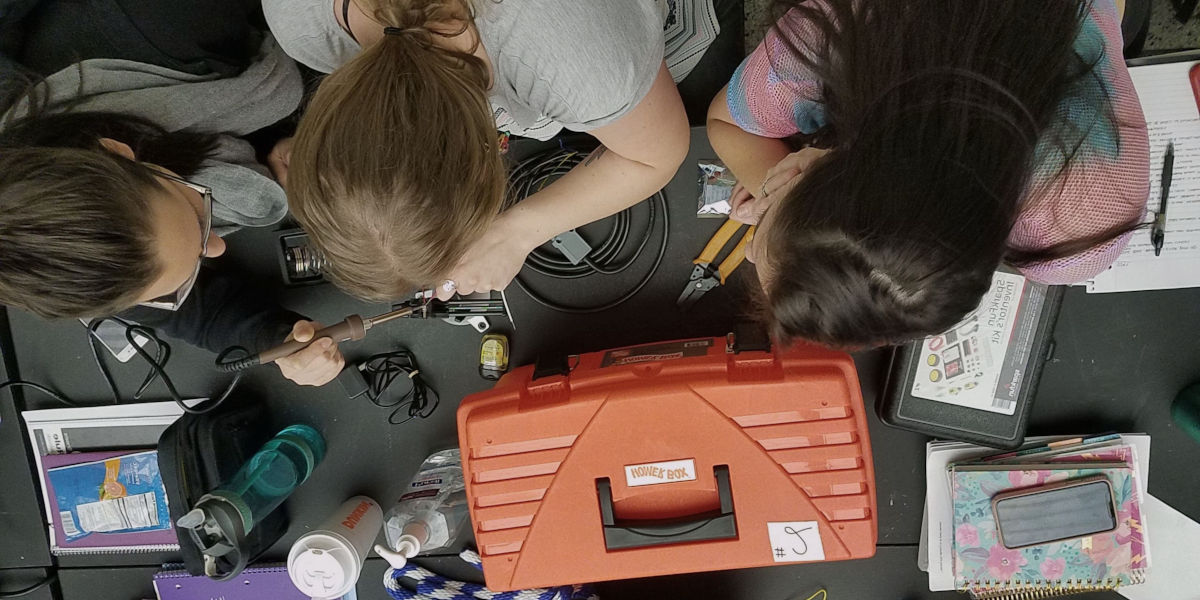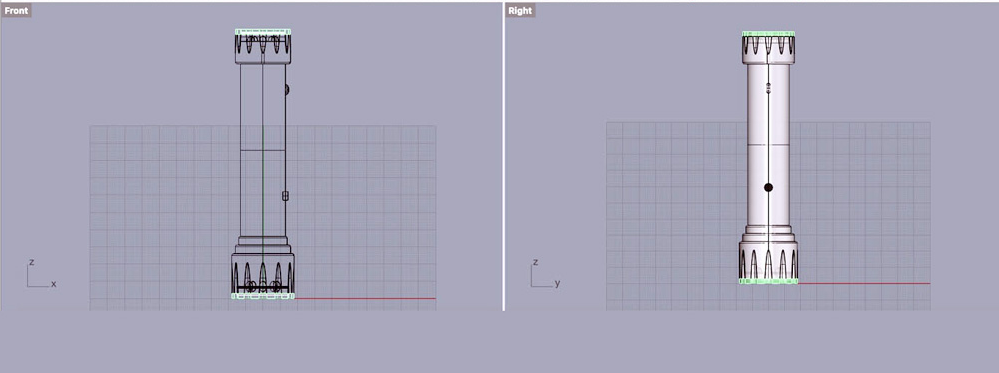
Majors
Industrial Design
Industrial Design is the practice of envisioning and creating solutions to complex problems, in the context of human experience. Industrial Designers apply research and creativity to identify opportunities for creating new products, services or systems with a focus on human factors, aesthetic value and user input. The Industrial design program will prepare students to generate creative solutions to complex problems and increase their capacity to be creative thinkers. Through coursework focused on human centered design, students learn to design objects, environments, systems and experiences that are formulated in the context of real world challenges. By developing resourcefulness and adaptability, students learn to identify and analyze problems and objectively evaluate information to form actionable design solutions.
Possible Career Paths, Industrial Design:
- Product designer working at a design consulting firm
- Product designer in a large manufacturing company
- Concept developer for startups and creative agencies
- Designer in an engineering consulting firm
- Creative thinker for large corporations
Entertainment Engineering
Entertainment engineering is the application of engineering systems and principles to the design and development of creative, safe, and functional entertainment venues, production equipment, automated effects, and any aspect of the creation of entertainment that would benefit from or requires education and knowledge of engineering. Students pursuing the entertainment engineering specialization will take coursework with the School of Fine Arts in partnership with the Department of Dramatic Arts. These courses are focused on experiential and project based learning which is often integrated with department productions. This partnership gives graduates a better understanding of how of their work will be used towards the goal of improved functionality, safety, and support of creative vision. Graduates with the entertainment engineering specialization will open themselves up to opportunities for a rewarding career that combines their passions for the arts and engineering.
Common Career Paths, Entertainment Engineering:
- Theater consulting and design
- Touring live event production
- Film and television special effects
- Amusement park attraction design and engineering
- Theatrical and event automation
- Software programming for lighting, sound, automation, and many more
- Rigging and structural design
- Animatronics

Minors
Industrial Design
This minor teaches students design thinking and making skills across disciplines in order to generate creative solutions to complex problems. Through project-based coursework, UConn students will study and practice the core principles of Industrial Design and will develop capacities for creating world class products, environments and systems in the context of real-world challenges.
Entertainment Engineering
The minor in entertainment engineering offers students the opportunity to study and apply engineering principles to the design of entertainment industry products that are integrated into productions of the Department of Dramatic Arts. Secondly, the minor focuses on effective safe, creative, and functional development of stage effects and machines in student-led projects.